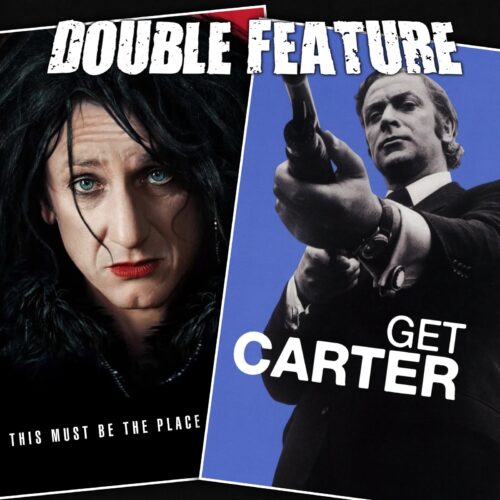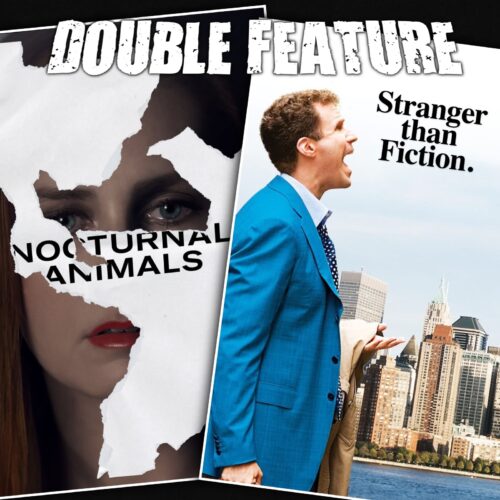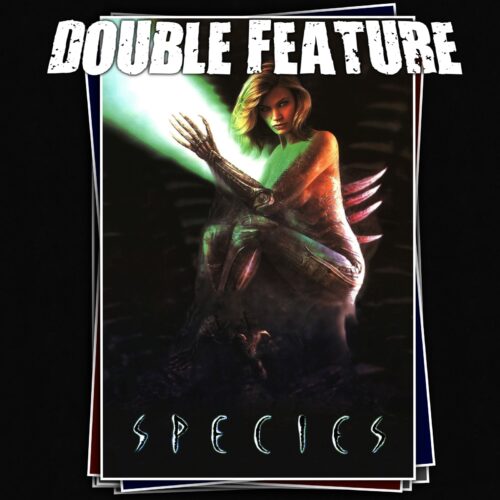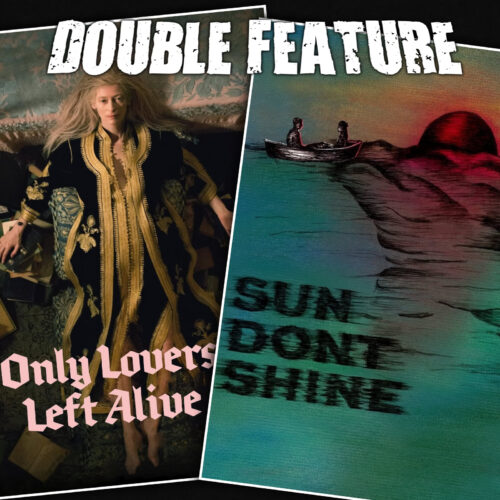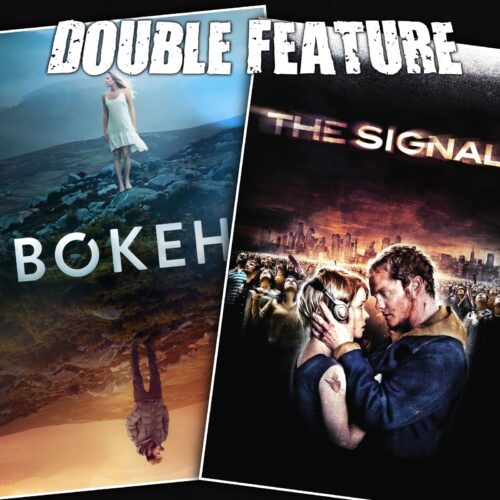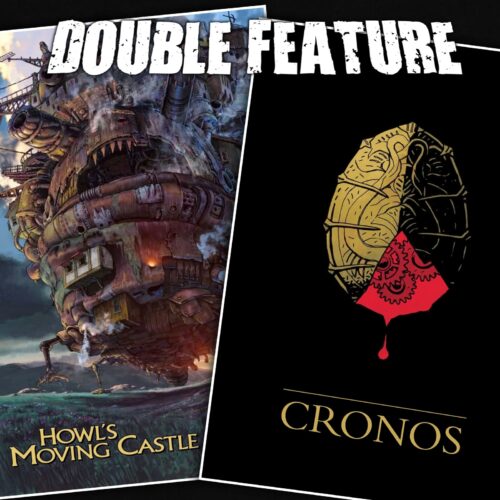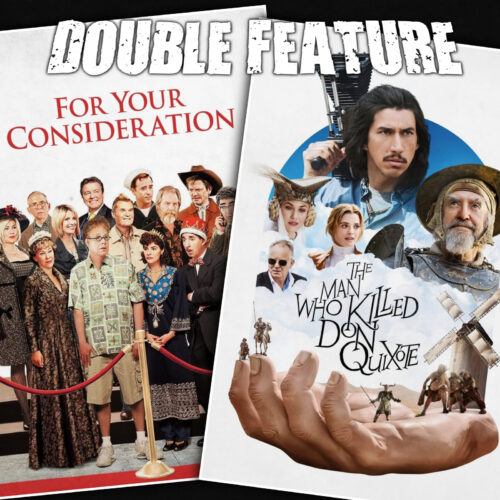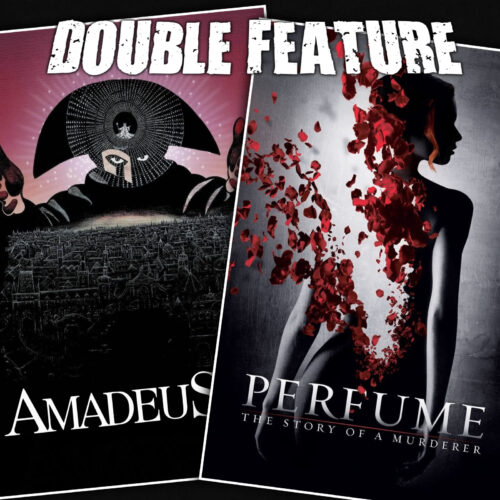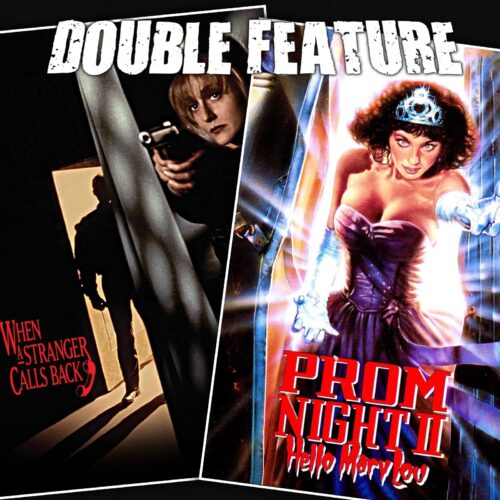
Sort of made for TV movie day! Two films that are not what they seem. Director Fred Walton returns to Double Feature in When a Stranger Calls Back. Ventriloquist horror. Ideas so stupid they’re amazing. Voice throwing and camouflage. The strangeness of suspension of disbelief. An accidental 2010s horror film made in the early ’90s. Way too good for TV. Prom Night 2: Where’s the Colon? Terminator and The Prophecy ruined sequels being on Double Feature. Double Feature makes up facts. Making a film into a sequel after the fact. No one’s seen Psycho 6. The numbers game of film titling. Subject matter expertise. Horror zeitgeist and genre awareness.


